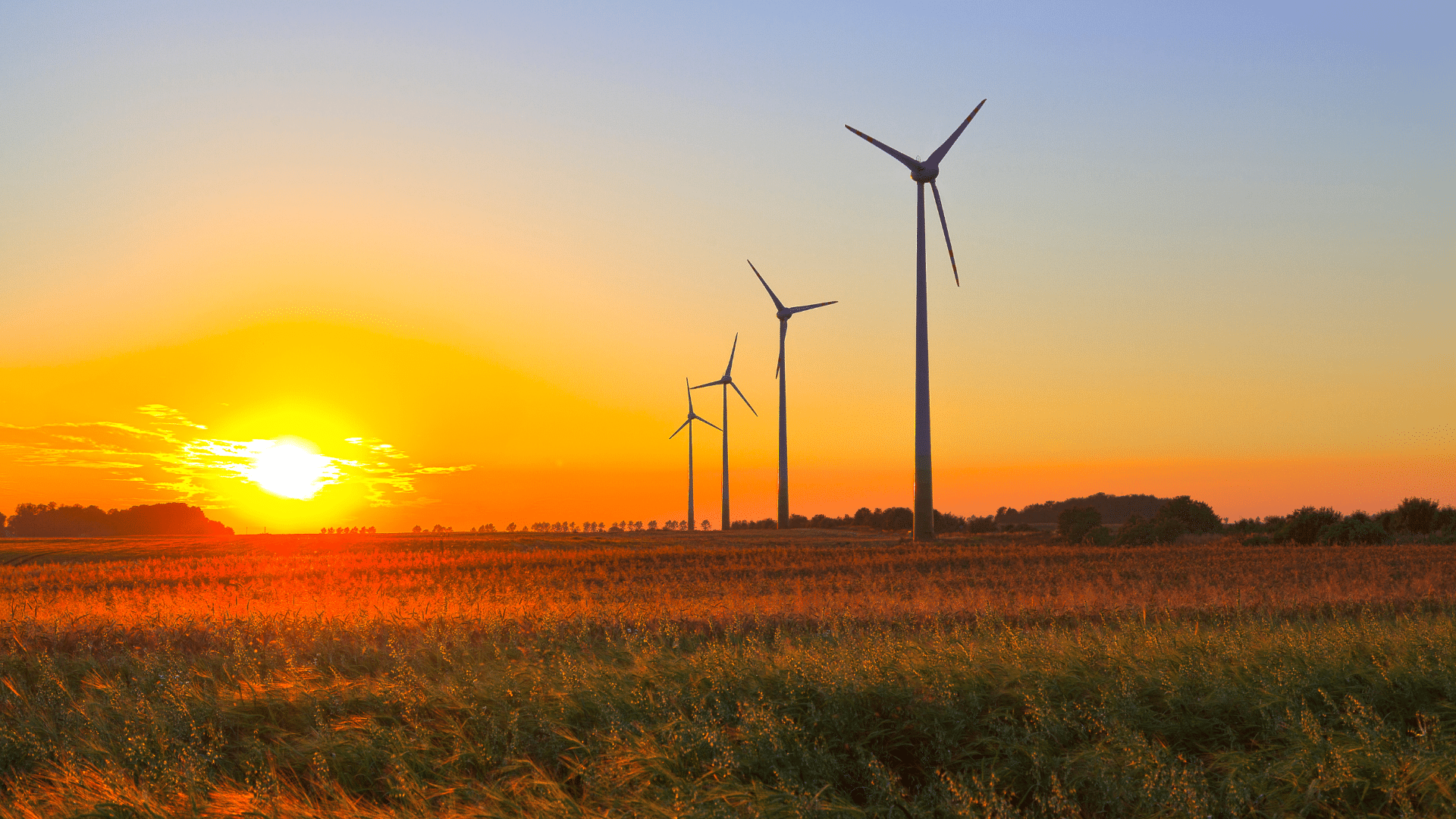Preferred office location:
Please select your nearest office location so we can show you the most relevant information.
Your preferred office location

Partner, Matthew Lilly and the agribusiness team discuss this important topic.
In 2023, the WA State Government introduced Part 6A of the Land Administration Act 1997 (WA) (LAA Act), which provided for ‘diversification leases’. This new class of lease was intended to address the limited scope of permitted land use under pastoral leases and to facilitate additional uses of Crown land.
The introduction of diversification leases provides greater tenure security for renewable energy projects on Crown land. However, for projects on private land, land access and tenure arrangements remain subject to commercial negotiations between project proponents and landowners.
The lessee of a diversification lease is required to manage the land using best environmental management practices appropriate to the area, considering the permitted uses of the land. This includes maintaining the condition of the land and taking measures to prevent or mitigate land degradation.
The new diversification leases under the LAA provide a legal mechanism to support renewable energy leases.
A renewable energy lease in Western Australia refers to a legal arrangement that allows the use of land for renewable energy projects, such as wind farms, solar farms, or other renewable energy infrastructure.
These leases can be complex, as they are often governed by a combination of federal, state, and local laws, as well as commercial agreements between landowners and project proponents
For renewable energy projects on private land, the arrangements are typically resolved through commercial agreements, such as acquisition or long-term leasing arrangements between project proponents and landowners. These agreements are subject to state-based planning and development laws, which regulate land use and the installation of renewable energy infrastructure.
Taking advantage of the opportunities presented by renewable energy leases on private land, therefore, requires careful consideration of several key issues and interests. These are outlined below.
Renewable energy projects typically require compliance with environmental regulations, such as those under the Environmental Protection Act 1986 (WA). Proposals may need to be referred to the Environmental Protection Authority for assessment if they are likely to have a significant environmental impact.
Similarly, local planning schemes and state planning policies must be considered to ensure compatibility with land use zoning and strategic objectives.
The rights and responsibilities of landowners are a critical aspect of these negotiations. These include ensuring that landowners are adequately compensated for the use of their land and that their interests are protected throughout the project lifecycle.
The lease agreement should clearly define its duration, renewal options, and conditions for termination, the lessee’s obligation to remove infrastructure (at the lessee’s cost) from the land at the end of the term and what security the lessee will be providing to ensure there is money in place for it to mee its end of lease removal obligations. For example, joint venture agreements for wind farms often specify terms that align with the operational lifespan of the project and so changes to the control of interested parties can potentially present issues. Carefully constructed terms can mitigate against problems arising from changes in interest over the typically long-term course of the lease.
The viability of a renewable energy lease also depends on economic factors, such as the financial feasibility of the project and its alignment with broader state and national renewable energy targets. Western Australia’s commitment to renewable energy development, as reflected in the legislative and policy framework, supports the growth of this sector.
Sometimes overlooked is effective engagement with stakeholders, including local communities, Aboriginal groups, and government agencies. This ensures that the project aligns with social, cultural, and economic objectives while addressing any potential concerns.
By addressing these issues comprehensively at the outset of a commercial agreement, parties can take advantage of diversification leases by establishing clear and mutually beneficial frameworks for renewable energy leases on private land in Western Australia. At the same time, lessees can play a critical role facilitating the development of renewable energy projects and supporting the state’s transition to cleaner energy sources.
*The information provided in this website serves as a general guide and does not constitute legal advice. It is based on our research and experience at the time of publication. Please consult our knowledgeable legal team for any specific inquiries or advice relevant to your circumstances, as the content may not have been updated subsequently.

Please select your nearest office location so we can show you the most relevant information.